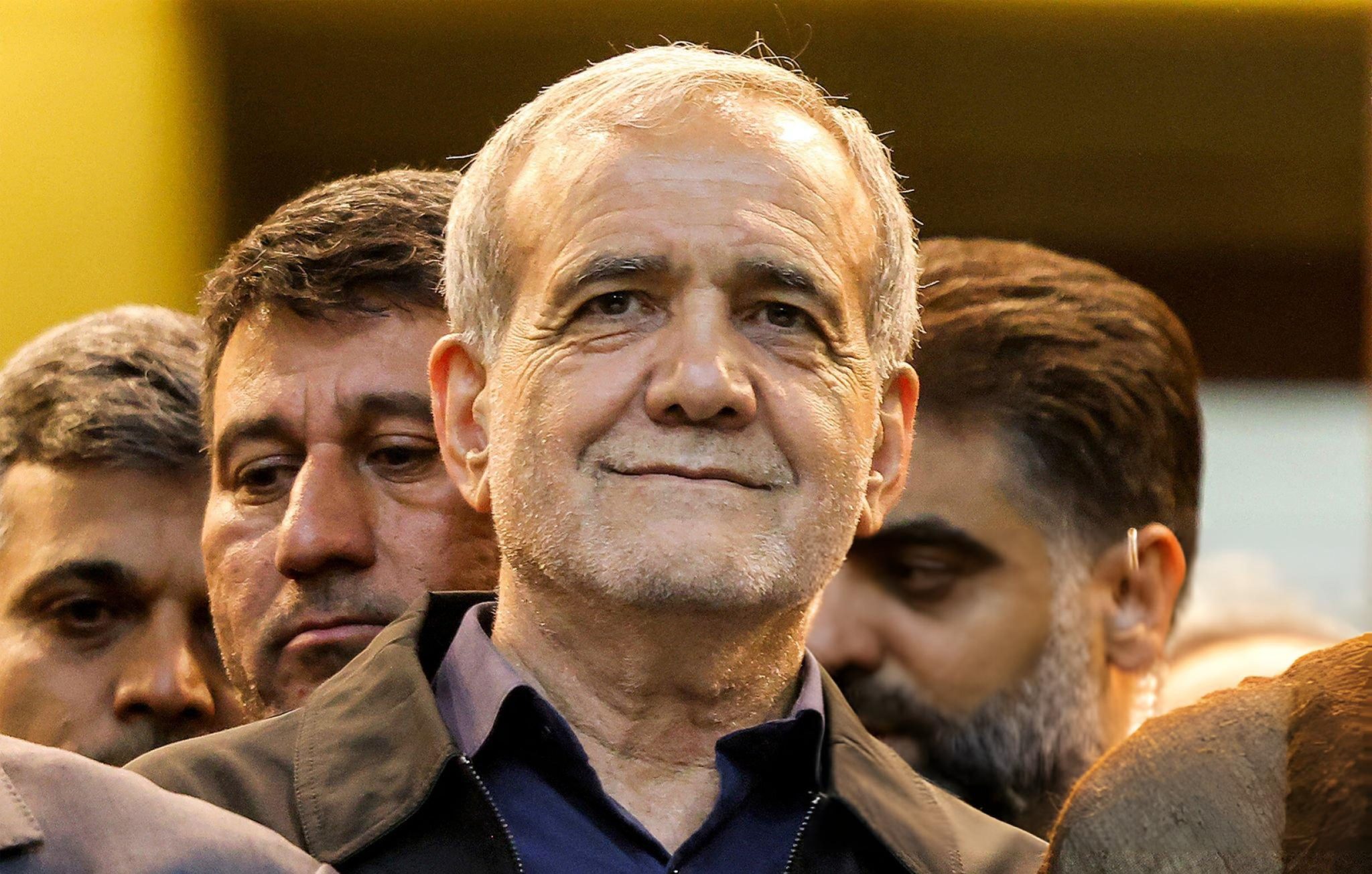In an unprecedented political development in Iran, the country’s hard-line parliament on Wednesday approved all members of reformist President Masoud Pezeshkian’s Cabinet. This marks the first time in over two decades that a leader has successfully navigated the parliament to have all his officials endorsed, highlighting a significant moment in Iran’s complex political landscape.
A Landmark Victory for Pezeshkian
The approval of the entire Cabinet is an early and notable victory for Pezeshkian, a veteran lawmaker who unexpectedly rose to the presidency following a tragic helicopter crash in May that claimed the life of his hard-line predecessor. Pezeshkian’s ability to secure support for his Cabinet choices from a traditionally conservative and hard-line parliament underscores his political acumen and his strategy of choosing candidates who could appeal to all factions within Iran’s multifaceted theocracy.
Pezeshkian’s success in this regard is particularly significant given the historical challenges faced by previous Iranian presidents, especially those with reformist leanings, who often struggled to get their picks approved by the conservative-dominated parliament. By securing approval for his entire Cabinet, Pezeshkian has demonstrated his ability to build consensus across the political spectrum, which may bode well for his administration’s stability and effectiveness.
A Cabinet of Consensus
Pezeshkian’s Cabinet selections appear to have been carefully crafted to avoid controversy and to appeal to various power centers within Iran’s political system. This is in contrast to the more divisive approaches taken by some of his predecessors, who faced fierce opposition from the parliament over certain nominees.
Illustrating this strategy, Pezeshkian shared a photograph online shortly after the approval, standing alongside Iran’s judiciary chief, a prominent Shiite cleric, and the hard-line parliament speaker—his former rival in the presidential election. The image was captioned “Consensus for Iran,” symbolizing his efforts to bridge divides and promote unity.
One of the most notable figures in Pezeshkian’s Cabinet is Abbas Araghchi, a seasoned diplomat who has been appointed as Iran’s new foreign minister. Araghchi played a crucial role in the negotiation of the 2015 nuclear deal with world powers, which sought to limit Tehran’s nuclear program in exchange for the lifting of international sanctions. Pezeshkian has expressed a desire to revive this agreement, particularly in light of the U.S. withdrawal from the deal in 2018 under then-President Donald Trump and the subsequent re-imposition of sanctions on Iran.
Diverse Appointments and a Focus on Experience
The new Cabinet includes a mix of seasoned politicians and technocrats, chosen for their expertise and experience in their respective fields. The candidate who received the most overwhelming support from lawmakers was Aziz Nasirzadeh, the newly appointed defense minister, who secured 281 out of 288 votes. Nasirzadeh previously served as the chief of Iran’s air force from 2018 to 2021, and his appointment reflects the parliament’s confidence in his military credentials.
On the other hand, Health Minister Mohammad Reza Zafarghandi, while still approved, received the fewest votes among the proposed ministers, with 163 votes in favor. This could indicate some reservations about his appointment, though not enough to prevent his inclusion in the Cabinet.
One of the standout appointments is Farzaneh Sadegh, the new Minister of Housing and Road. At 47, Sadegh, an architect by profession, is the first woman to hold a ministerial position in Iran in over a decade, securing 231 votes. Her appointment is seen as a progressive step, signaling Pezeshkian’s commitment to gender diversity in his administration.
Additionally, Pezeshkian retained several ministers from the late President Ebrahim Raisi’s administration, including Intelligence Minister Ismail Khatib and Justice Minister Amin Hossein Rahimi. This decision to include familiar faces from the previous administration may have helped smooth the approval process by reassuring the hard-line factions within the parliament.
A Rare Achievement in Iranian Politics
The successful approval of all Cabinet members is a rare achievement in Iranian politics, where dropping proposed ministers has been a longstanding tradition. The last time a president managed to secure such unanimous approval was reformist President Mohammad Khatami in 1997 and 2001, making Pezeshkian’s accomplishment all the more remarkable.
As Pezeshkian begins his presidency with a fully endorsed Cabinet, his ability to navigate the complex political terrain of Iran will be closely watched, especially as he seeks to revive the nuclear deal and address the myriad challenges facing the nation.






